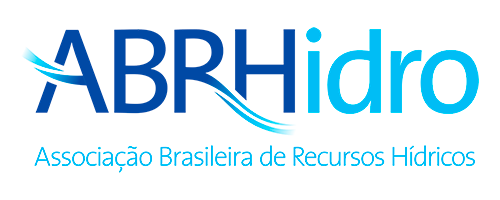IV END - Encontro Nacional de Desastres da ABRHidro
Data: 08/10/2024 à 11/10/2024
Local: Curitiba/PR
ISSN: 2764-9040
Mais informações: https://www.abrhidro.org.br/ivend/
Assessing Disconnectivity in Brazilian River Corridors: Public Perceptions and Management Challenges
Código
IV-END0111
Autores
Bruno Henrique Abatti, Gean Paulo Michel, Marina Refatti Fagundes, Karla Campagnolo, Franciele Zanandrea, Franciele Maria Vanelli, Masato Kobiyama
Tema
04 - Educação, Cidadão e Integração comunitária
Resumo
The study emphasizes the importance of public participation in environmental management and sustainable development, highlighting the role of citizen science in involving society in scientific research and decision-making. Public perception plays a crucial role in the integrated management of natural resources, such as rivers, and in bridging the gap between science and policy. However, there is a disconnect between public perception and scientific understanding, particularly in developing countries like Brazil, where conventional management often removes beneficial natural elements like woody debris from rivers. This study investigates Brazilian perceptions of disconnectivity features in river corridors through a perception survey evaluating images of Brazilian rivers with and without woody debris. The research employed a visual approach to assess people's perceptions regarding the aesthetics, naturalness, hazard, and need for improvement of rivers with and without woody debris. Preliminary results indicate that most Brazilians have a limited understanding of the ecological benefits of woody debris, often associating them with flood hazards, river disconnectivity, and pollution. Only 12% of respondents recognized the ecological benefits of these elements. Images without woody debris were rated more favorably in terms of naturalness, aesthetics, and safety. These findings highlight the challenge of aligning scientific knowledge with public perception, emphasizing the need for improved scientific communication and education to promote sustainable and integrated river management approaches that consider both ecological needs and community values.

